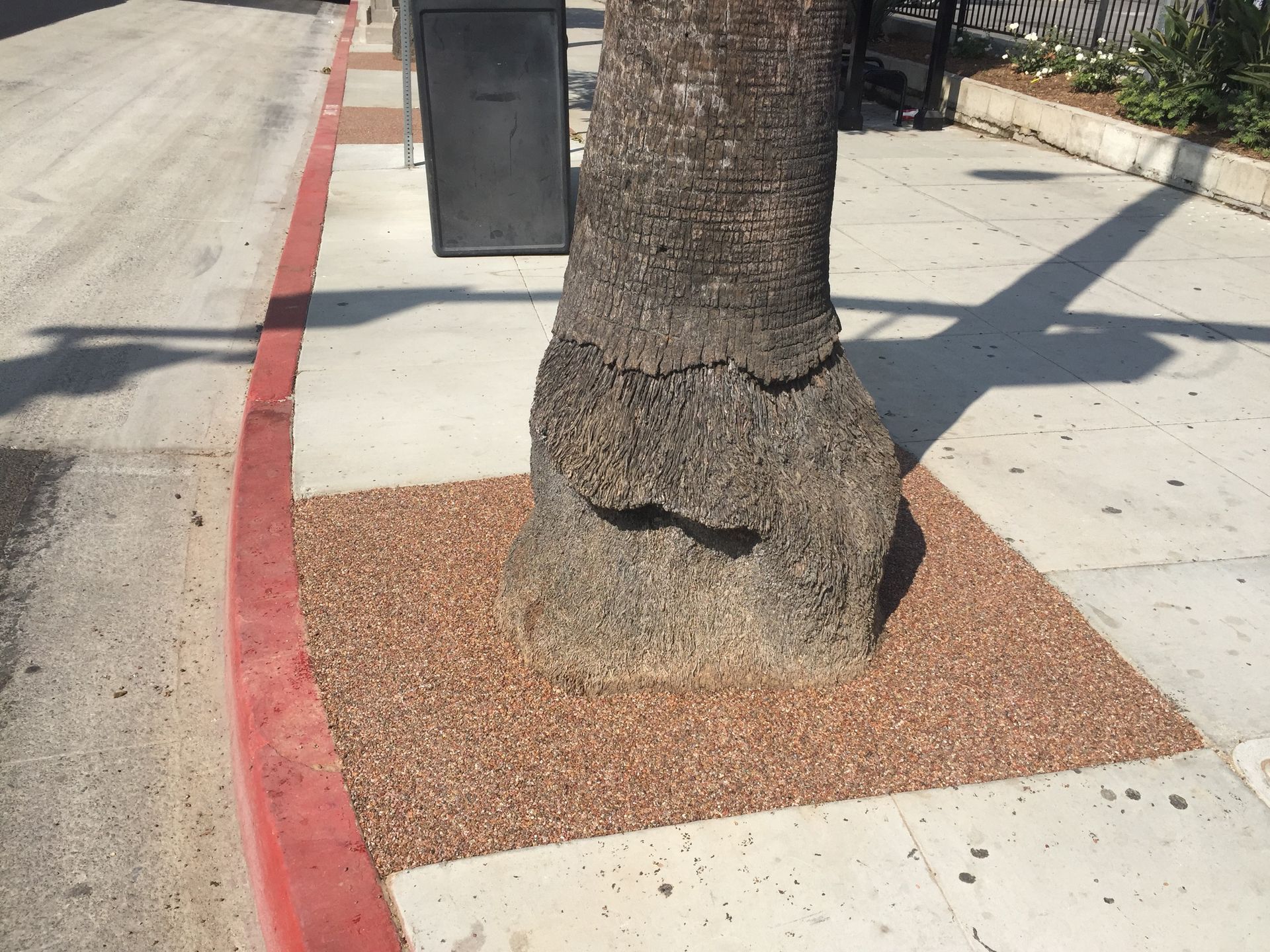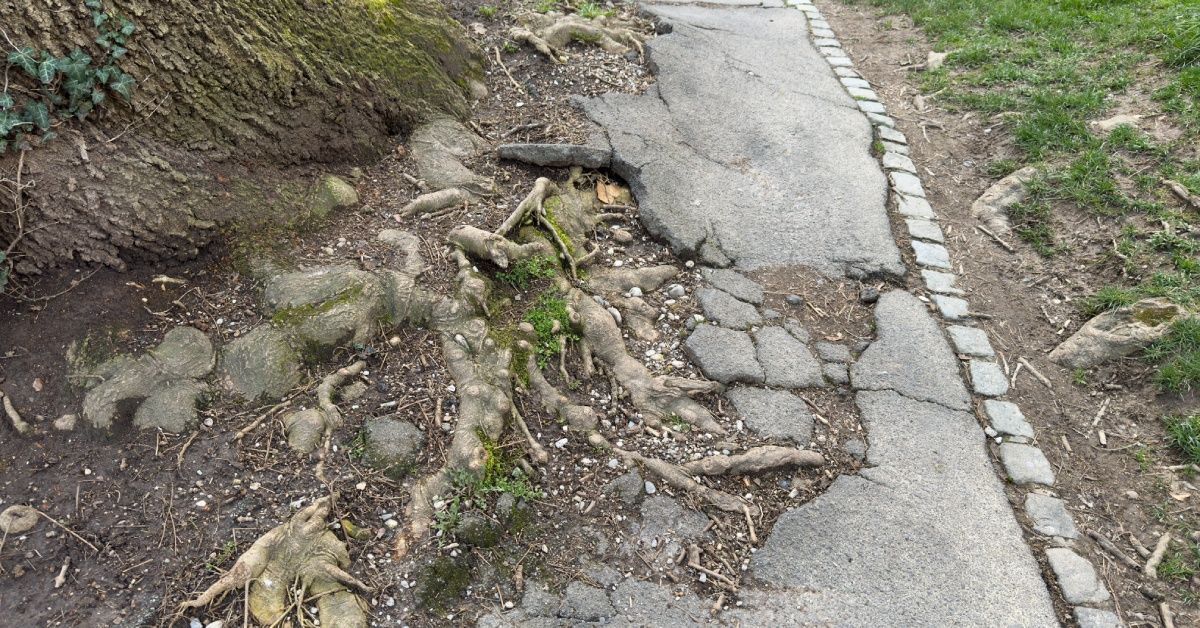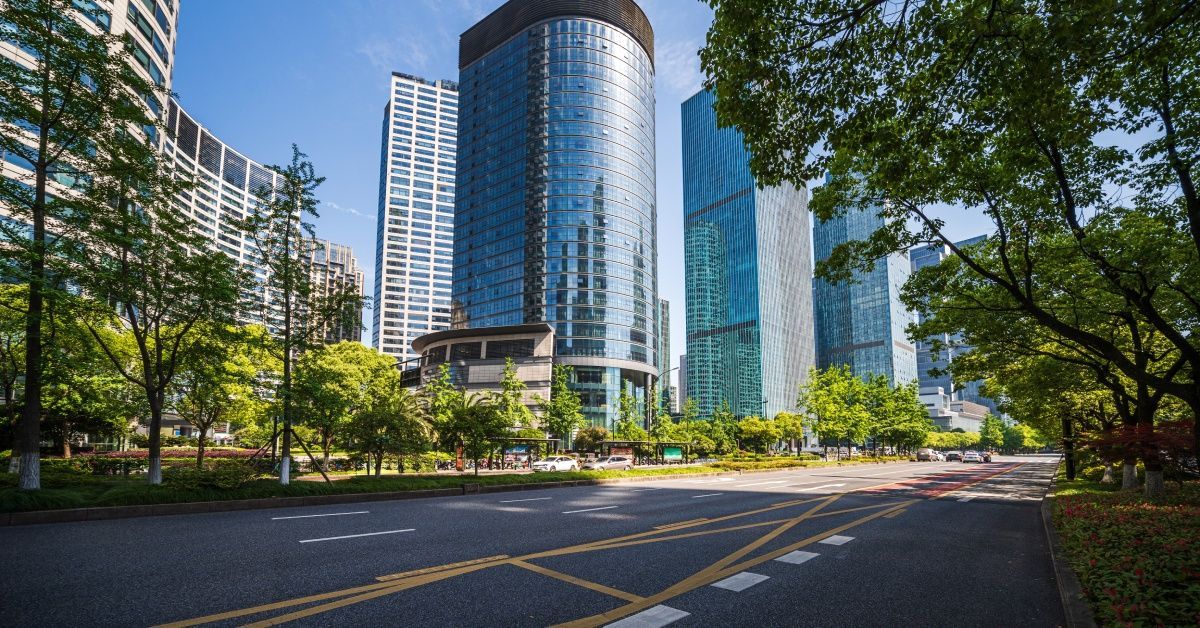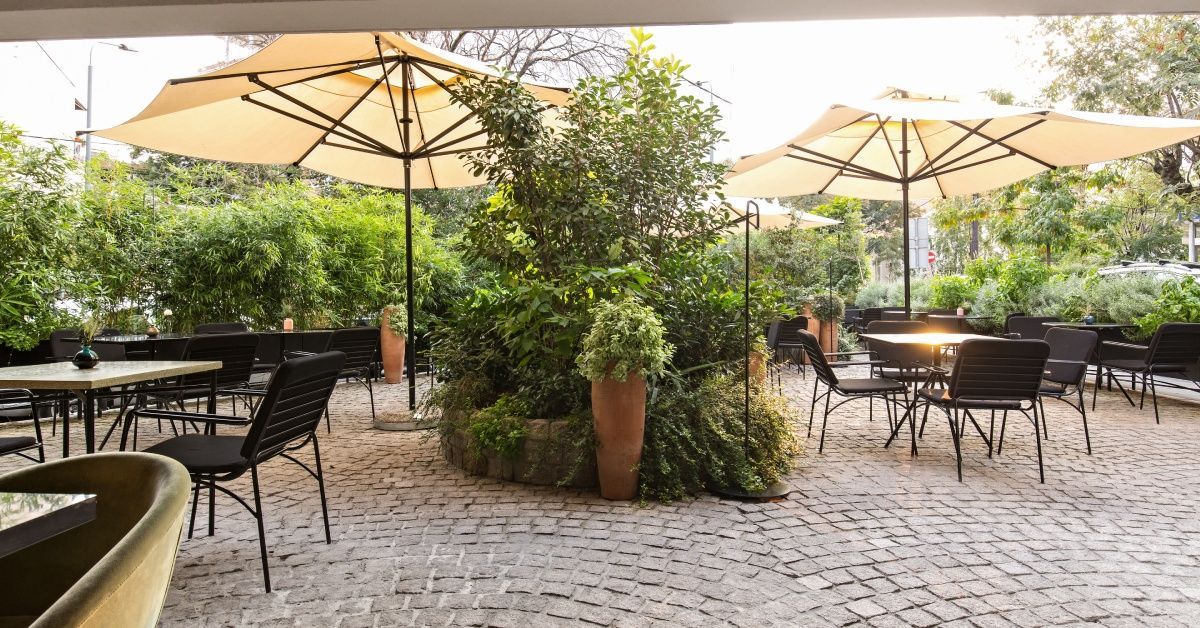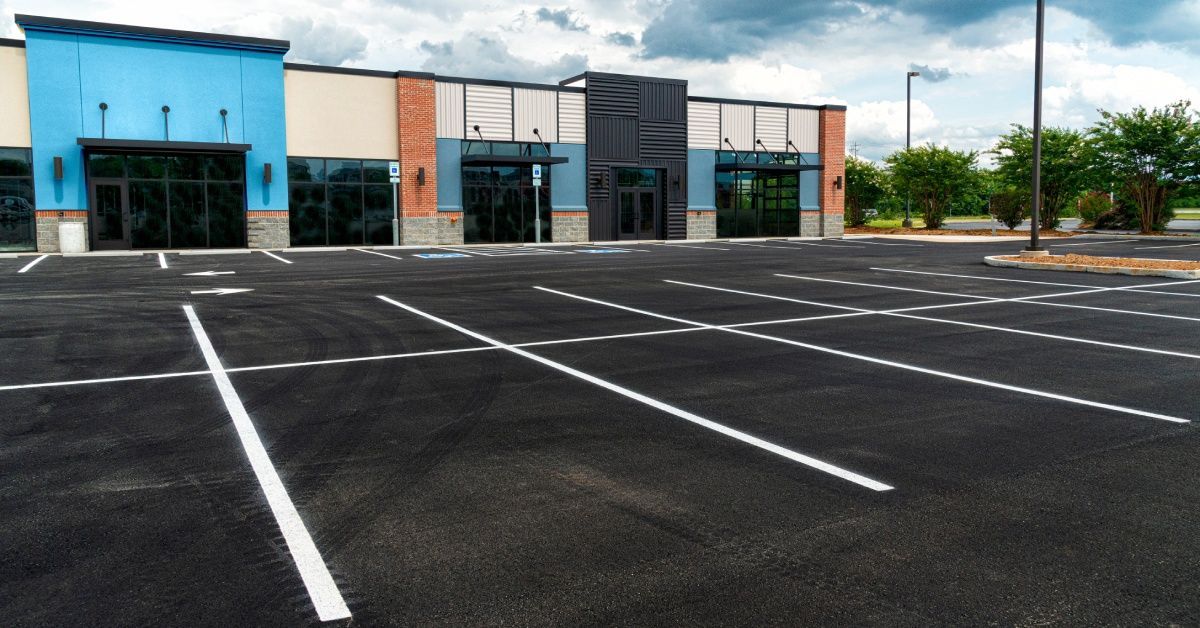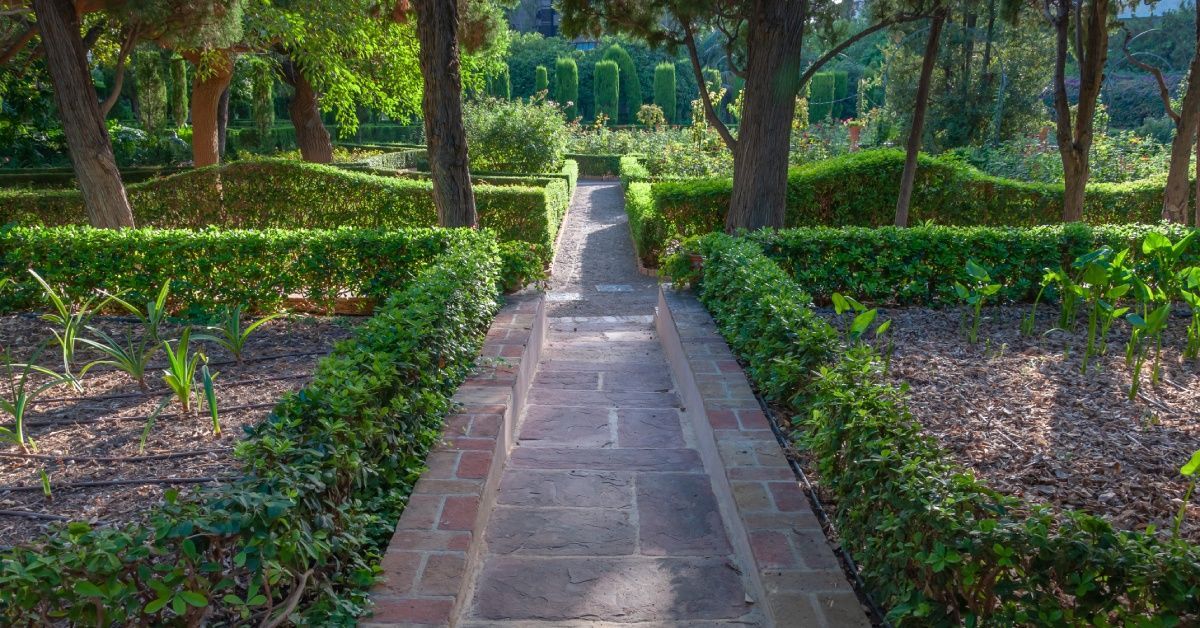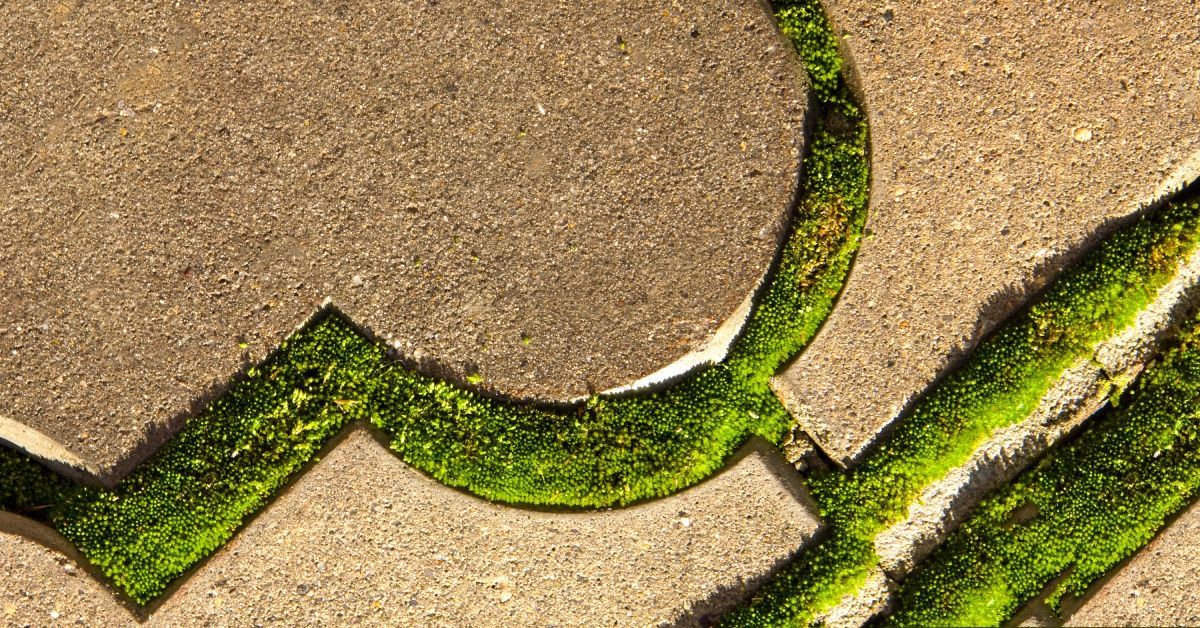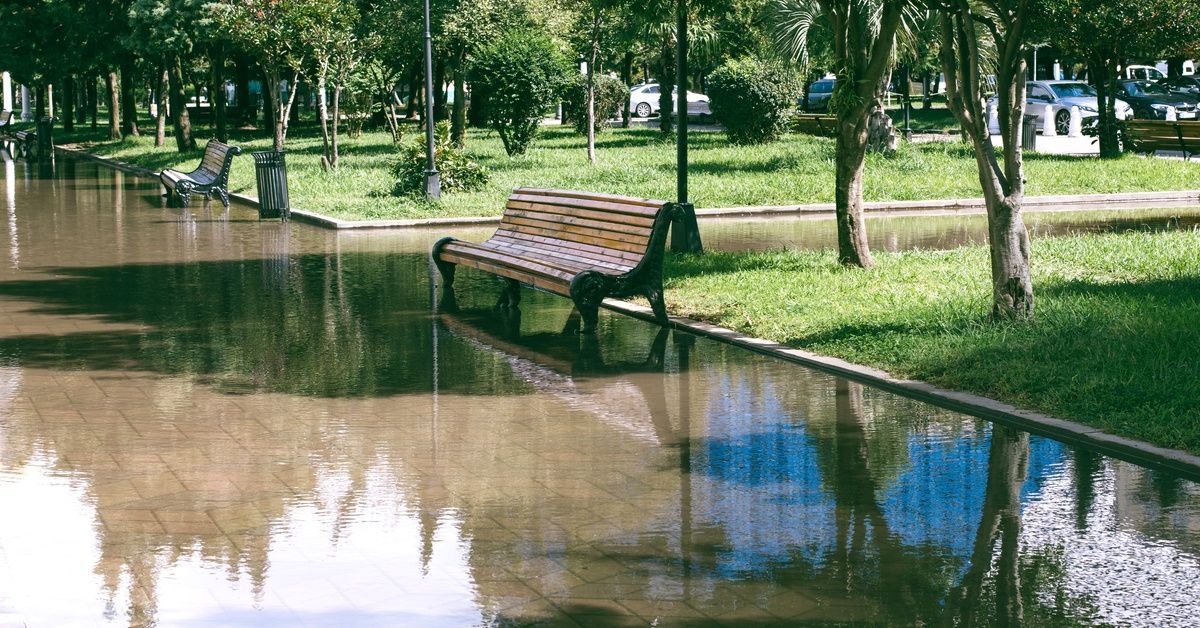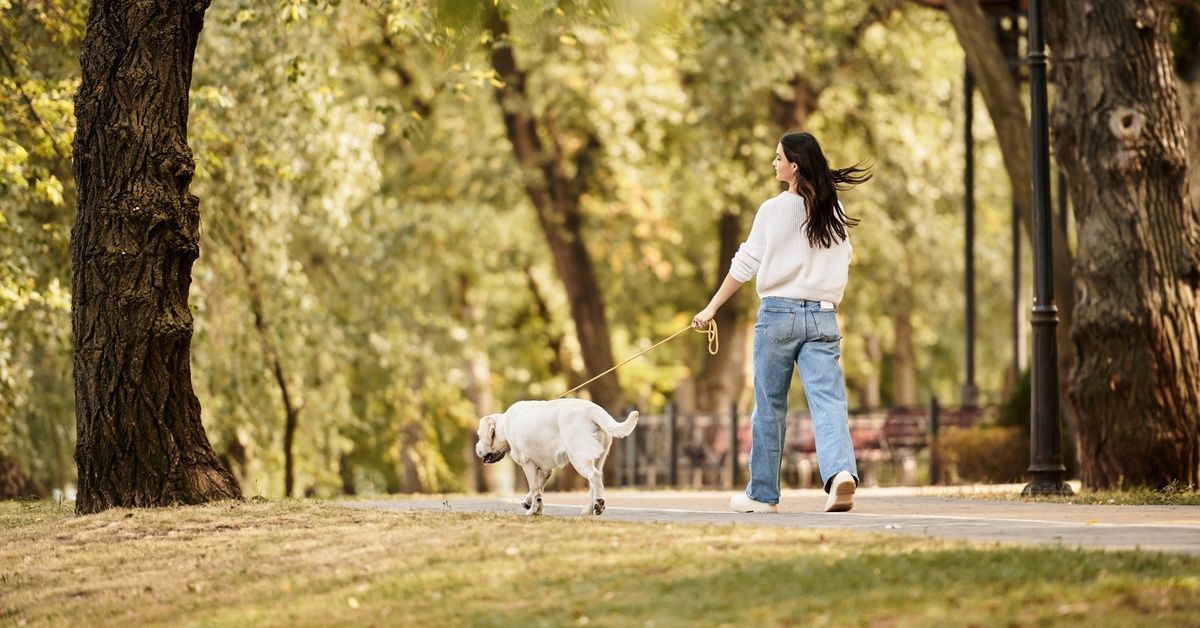What To Consider for Permeable Paving for Indoor Gardens
Indoor gardening allows you to bring nature into your home while keeping the less pleasant parts of nature outside! Make the most of the space you’re in, whether you’re growing herbs on a windowsill in your kitchen or cultivating a lush and prosperous greenhouse. Most gardening tips concentrate on the everyday stuff—watering, pruning, fertilizing, harvesting, and so on. Few get down to the business of picking the right flooring. Wood warps and cement and concrete are cold and will wear you out simply by standing on them while you cultivate your leafy green friends. Permeable paving is a major alternative and an excellent choice for indoor gardeners. Here’s what to consider for permeable paving for indoor gardens.
What Is Permeable Paving?
Permeable paving refers to multiple paving materials that allow water to pass through, promoting efficient drainage. Unlike concrete or asphalt, permeable paving materials such as permeable gravel allow water to filter through surfaces, reducing runoff and promoting groundwater recharge. This material is a great choice for outdoor gardens, and it has its applications and benefits in indoor gardens.
Efficient Water Management
You’ll want flooring that allows drainage if the greenhouse or other grow room is away from the main house, particularly if your garden has a watering system. Permeable paving’s primary benefit is its ability to manage water efficiently, which is important for indoor gardens where poor drainage may lead to waterlogged soil and unhealthy plants. Poor drainage can also promote mold and mildew growth, among other issues. Permeable paving materials ensure excess water drains away, keeping plant roots healthy and the flooring from becoming overly damp.
Eco-Friendly
Permeable paving is practical and environmentally friendly. Using permeable paving outdoors reduces stormwater runoff, preventing flooding and erosion. It provides indoor gardens with excellent drainage and water control, as previously mentioned, sending excess water into the ground for processing and recycling. Additionally, many permeable paving materials consist of recycled or sustainable resources such as glass and other substances.
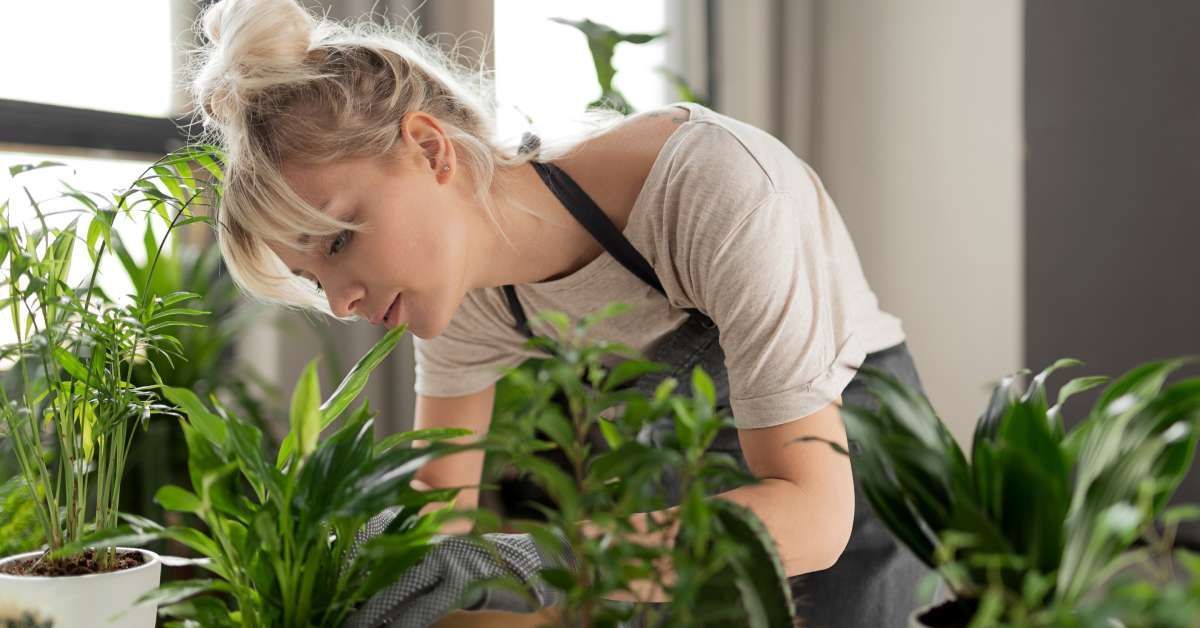
Aesthetic Appeal
Sometimes, looks are everything. With a variety of materials and colors available, permeable paving can enhance your indoor garden’s aesthetic appeal. Options such as permeable gravel and resin-bound stone can provide a natural, visually pleasing look, offering different colors, styles, textures, and shapes. The natural look of permeable paving also provides a less jarring juxtaposition with your plants.
Durability
Permeable paving materials are tough and durable. They can withstand high levels of traffic and general wear and tear. They resist cracking and other kinds of damage, making them a long-lasting choice for your indoor garden.
Factors To Consider When Choosing Permeable Paving
So, those are the pros of permeable paving. Here are a few more things to consider before investing in it for your indoor garden.
Material Selection
First, consult a professional about the best permeable paving material for your needs. We recommend permeable gravel, for example, which is a flexible and effective alternative for several indoor and outdoor paving jobs; its high porosity has efficient drainage. It’s also aesthetically pleasing, using natural aggregates that are both durable and beautiful. Whichever you choose, each permeable paving material has unique properties, so pick the one that aligns best with your tastes and needs.
Installation Process
The installation process for permeable paving materials varies. Some materials, such as permeable pavers, require professional installation, while others are more DIY-friendly when it comes to setting them up. Consider your budget and whether you want to install the paving yourself or hire a professional.
Pro tip: Pick a pro to do it to ensure a quality job, as most professional installers guarantee their work.
Maintenance Requirements
Make sure you know how to take care of permeable paving after installation. Proper maintenance will help your paving last even longer. Different permeable paving materials have different maintenance needs. Some may require regular cleaning to prevent clogging, while others are relatively low maintenance. Assess your willingness and ability to maintain the paving to ensure its longevity. Talk with the installer about the next steps and maintenance before installation. They’ll let you know how much extra work, if any, the floor will require in the future.
Cost
Ah, one of the biggest questions. Truthfully, permeable paving costs more to install than other materials, such as asphalt, concrete, cement, and the like. The cost of permeable paving materials varies. Some materials may be more expensive upfront, but they’ll save you money in the long run because of their long-lasting durability and low maintenance requirements. Comparatively, a cheaper brand may not be so cheap over time, especially if you must replace it within a few years. Compare the costs of different materials and consider their long-term value.
Compatibility With Plants
Permeable paving generally “likes” plants in that they allow for water drainage and encourage people to stay on walkways and paths. Still, ensure the permeable paving material you select is compatible with the types of plants you have in your indoor garden. Some paving materials may affect soil pH or nutrient levels should they leach into the surrounding earth. Obviously, it’s important to choose a material that doesn’t inhibit plant health. Do a little research and ask the installer if they’re aware of more plant-friendly paving materials.
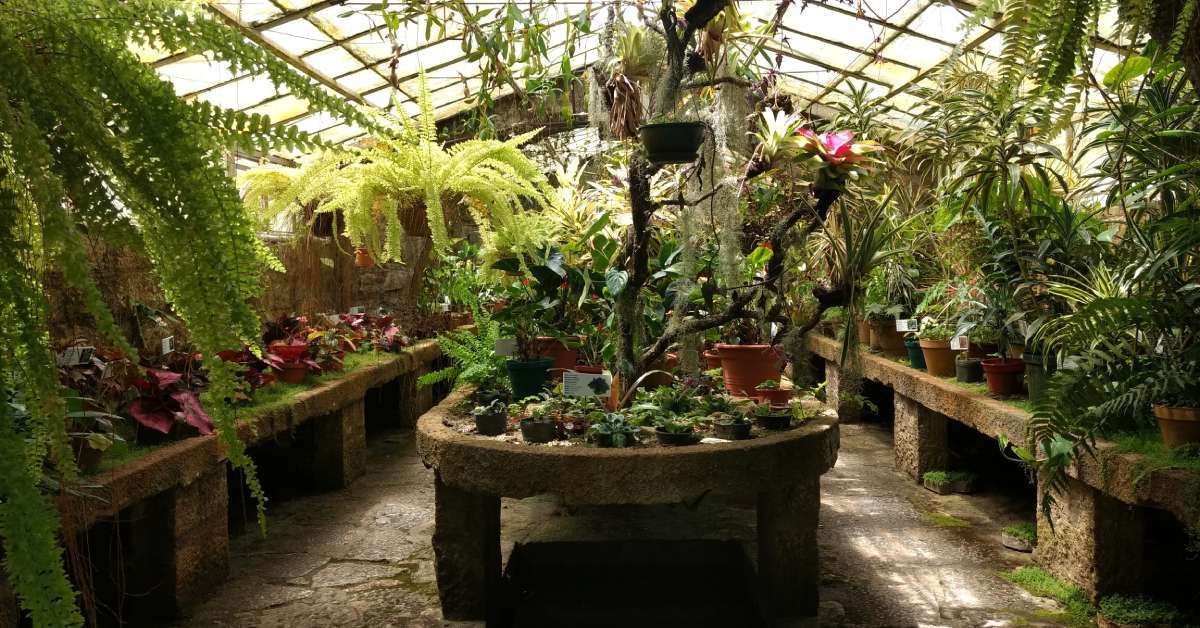
Maintaining Your Permeable Paving
Your installer will surely explain how to keep your permeable paving in great shape, but here are a few good rules of thumb to follow.
Regular Cleaning
Everything lasts longer if you keep it free from dirt, grime, and other pollutants. Periodically, sweep it clean of leaves, dirt, debris, and so forth, and hose it off on occasion. Regular cleaning maintains your paving’s permeability and prevents clogging.
Inspect It for Damage
Regularly inspect your permeable paving for any signs of damage, such as cracks, shifts, or other noticeable blemishes and faults. Promptly address any issues to ensure your paving’s longevity. Contact the installer for instructions and to determine whether your paving requires a simple repair or something more.
Replenish the Gravel
If you’ve chosen a permeable material, you may need to replenish the gravel periodically to maintain an even surface. Again, speak with the installer about whether this is the best course of action.
Mind the Moisture Levels
Monitoring moisture levels under the permeable paving and inside the greenhouse or other structures is important. While permeable paving materials aid in drainage, excessive moisture beneath the surface and elsewhere may lead to issues such as root rot in nearby plants. Utilize hygrometers and moisture sensors to keep track of the conditions in your indoor garden.
Those are the basics of what to consider for permeable paving for indoor gardens. Ready to transform your indoor gardening space? Contact us for a consultation and discover how our team of experts can help you!
